16 Horrifying Facts About Humans Revealed In 'Sapiens: A Brief History Of Humankind'
One of the best books recently written is A Brief History of Human Kind, by Noah Harari, in 2012.
As readers of the book know, the story Noah tells is that of modern man, the Homo Sapiens, came out of North Africa and seized the world by eliminating, or in other words, destroying all other human species such as Homo Erectus and Neanderthal.
This book tells the history of mankind and what is likely to happen in the future in a simple way. There is really much to be learned from this book!
#1
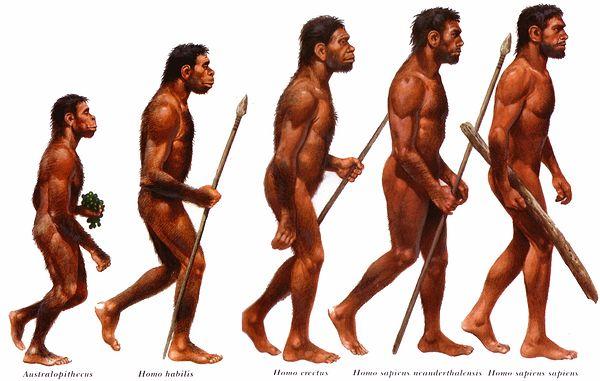
For years, we thought we were the only species ...
The fact is, from about 2 million years ago, up to 10 thousand years ago, the Earth was home to many human species at the same time. Why wouldn't it?
Today there are many foxes, bear and pig species in the world. 100,000 years ago, the world was hosting at least six kinds of human species: Homo Sapiens, Homo Erectus, Habilis, fForesiensis, Neanderthal, etc.
#2
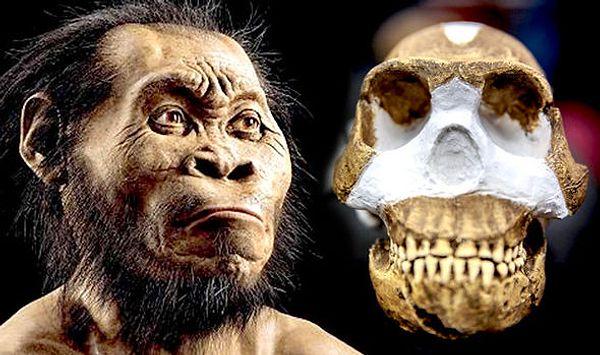
Tolerance was not the dominant characteristic of Sapiens. Even in modern times, a difference in skin color, or even in language or religion, can cause a group of Sapiens to try to destroy the other group.
Could the old Sapiens have been tolerant to other completely different human species?
#3

Unlike life, the imaginary reality is a blessed thing that everybody believes, and as long as this common belief persists, imaginary reality has a certain amount of power in the world. The great diversity of imaginary realities invented by Sapiens (religion, state, law, sports, trade, myths, laws, empires) and the resulting pattern of behavioral patterns are the main components of what we call 'culture.'
Since culture has emerged, its changes and developments have never ceased, and even when we say 'history', this is essentially a non-stop change.
#4
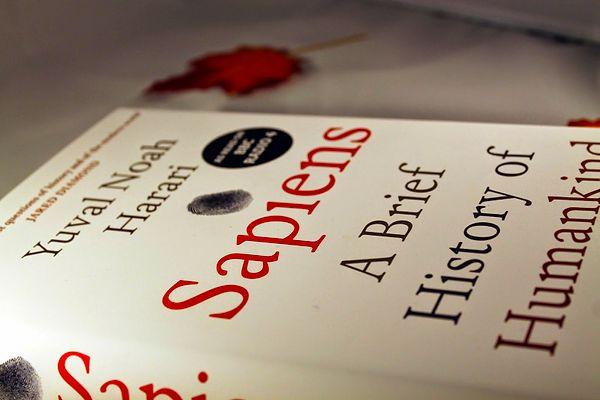
Homo sapiens' bodies did not evolve for such things. It was fit to run behind deer, to climb on apple trees, not to carry rocks or carry water buckets.
People have paid their price for this with spine, knee, neck, and back pain. When old skeletons are examined, it is seen that moving to an agricultural life made people have, back pain, arthritis, and other pain in joints. Moreover, these new agricultural jobs took so much time that people had to build permanent settlements near the fields of wheat.
#5
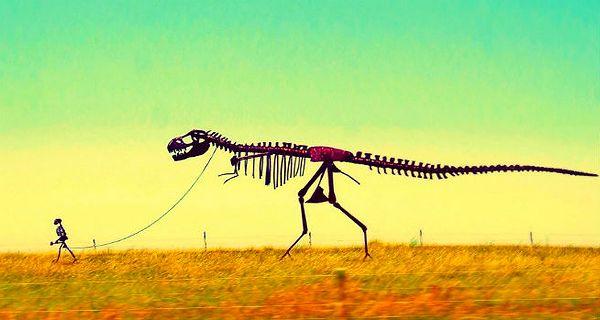
There's evidence that the human brain has shrunk since the hunter-gatherer era. Being able to survive at that time required everyone to have great mental skills. As agriculture and industry emerged, people increasingly became more confident in the skills of other people to survive, and 'new opportunities for imbeciles' emerged. As a worker in the production band, you can survive with your unusual genes and transfer them to the next generation.
#6

'Natural order' is stable order. For example, even if people stop believing in their existence from the beginning, there is no way to remove the gravity from the scene. In contrast, the 'imaginary order' (religion, state, law, trade, money, etc.) is always opposed to the possibility of collapse because it depends on myths and myths collapse when people stop believing in them.
Protecting imaginary order requires constant and great effort. Some of these efforts are in the form of violence and coercion.
#7

What provides the military order? It is impossible to organize an army simply by force; at least some commanders and soldiers must believe in something like god, honor, homeland, masculinity, or money.
#8
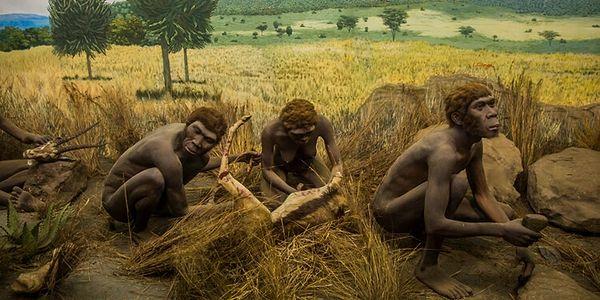
You can never convince a monkey to give away the banana in his hand by tricking it with unlimited bananas in paradise after death.
#9
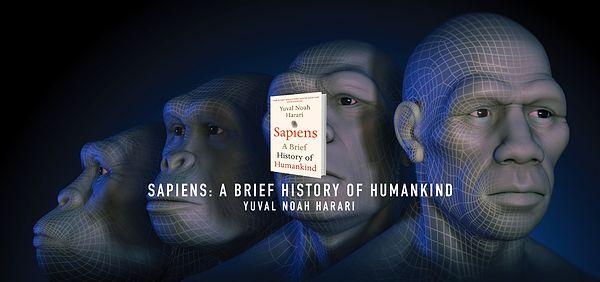
Since the French Revolution, people have begun to see equality and individual freedom as fundamental values, which are in fact contradictory. Equality can only be achieved by restricting the freedom of the better. Giving the assurance that each individual can act exactly as he wishes will inevitably harm equality. Accordingly, the political history of the whole world since 1789 can be seen as an attempt to overcome this contradiction.
#10
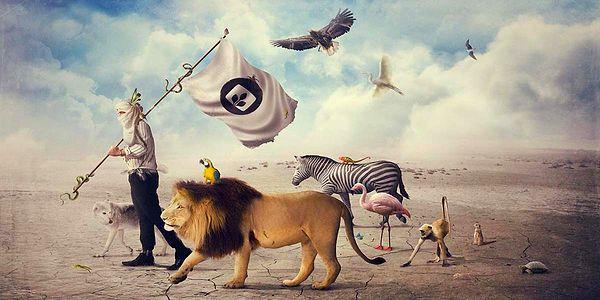
For the first time in history, it was before Christ that it was possible to imagine that the whole world and the entire human race were a single unit ruled by a single system. Everyone, at least potentially, was 'we' and there were no longer 'them.'
The first universal order rose from the economy: the monetary order. The second universal order was politics: order of the empires. The third universal falsehood was religion: the universal scheme of religions such as Buddhism, Christianity, and Islam.
#11
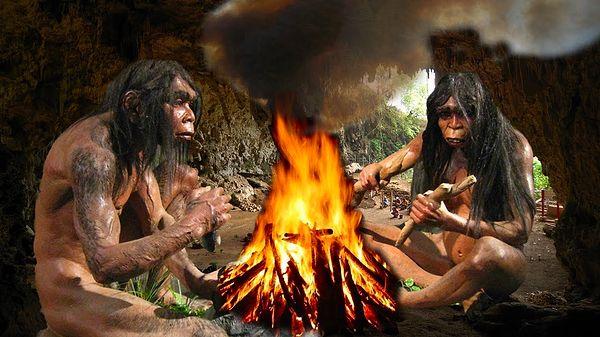
Gossip is a skill that is often looked down on, but it is also the basis for creating cooperation in groups.
#12
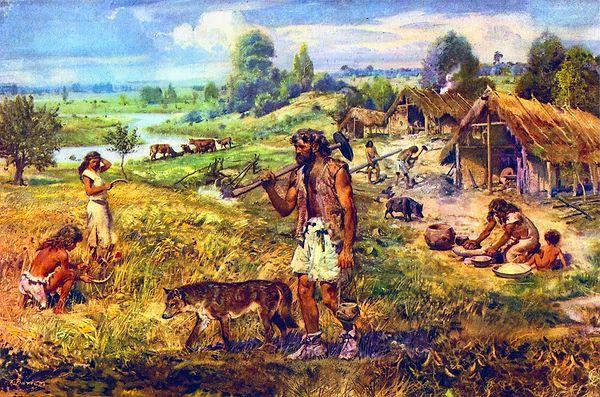
Worldwide, wheat covers an area of 1.39 million square miles (2.25 million square km), nearly ten times that of Britain.
We didn't tame the wheat, the wheat tamed us.
#13

Contradictions are an integral part of every human culture. These are in fact the engines of a culture. It is one of the primary reasons for our creativity and dynamism. Conflicts in our ideas, in our thoughts and in our values force us to investigate, criticize, and re-evaluate.
Consistency is the playground of still minds.
#14

Modern science is based on the Latin word 'ignoramus' meaning 'we do not know' and assumes that we don't know anything. More important than that, it also acknowledges that things we think we know so far may become wrong in time; no concept, idea, or theory is sacred.
#15
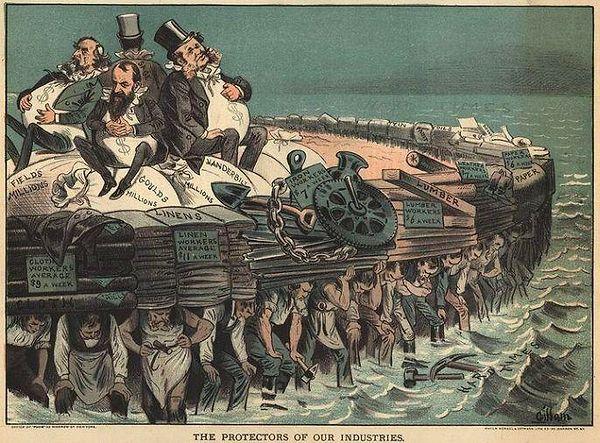
This new capitalist ethic promises a paradise on the condition that the rich should spend their lives greedily and earn more money, and the larger masses must purchase more to save their desires and their passions.
This is the first religion in history that believers fulfill all that is to be done. Well, how do we know we'll get into paradise afterward?
Because we saw it on TV.
#16
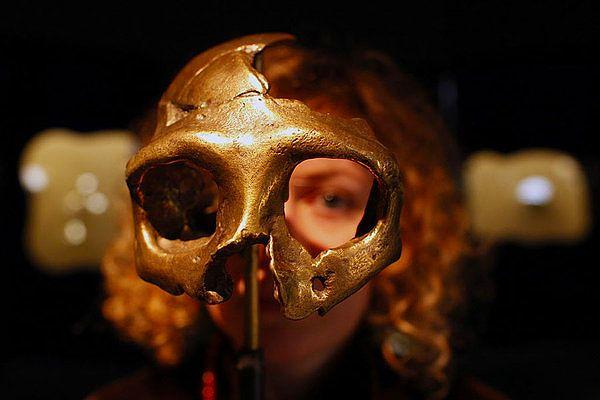
Could there be anything more dangerous than the unsatisfied, irresponsible Gods who don't know what they want?
Keşfet ile ziyaret ettiğin tüm kategorileri tek akışta gör!


Send Comment